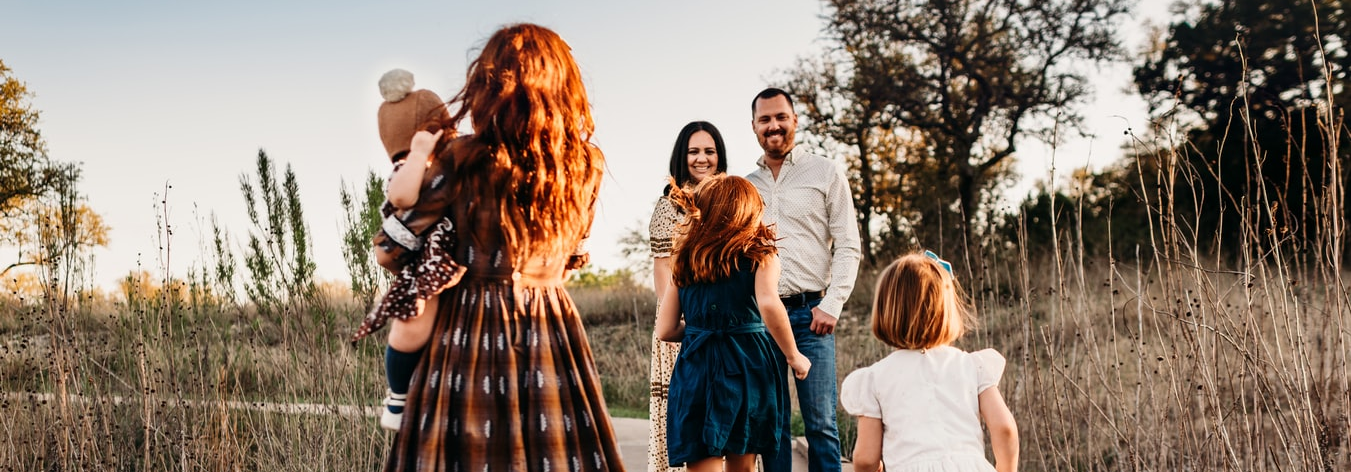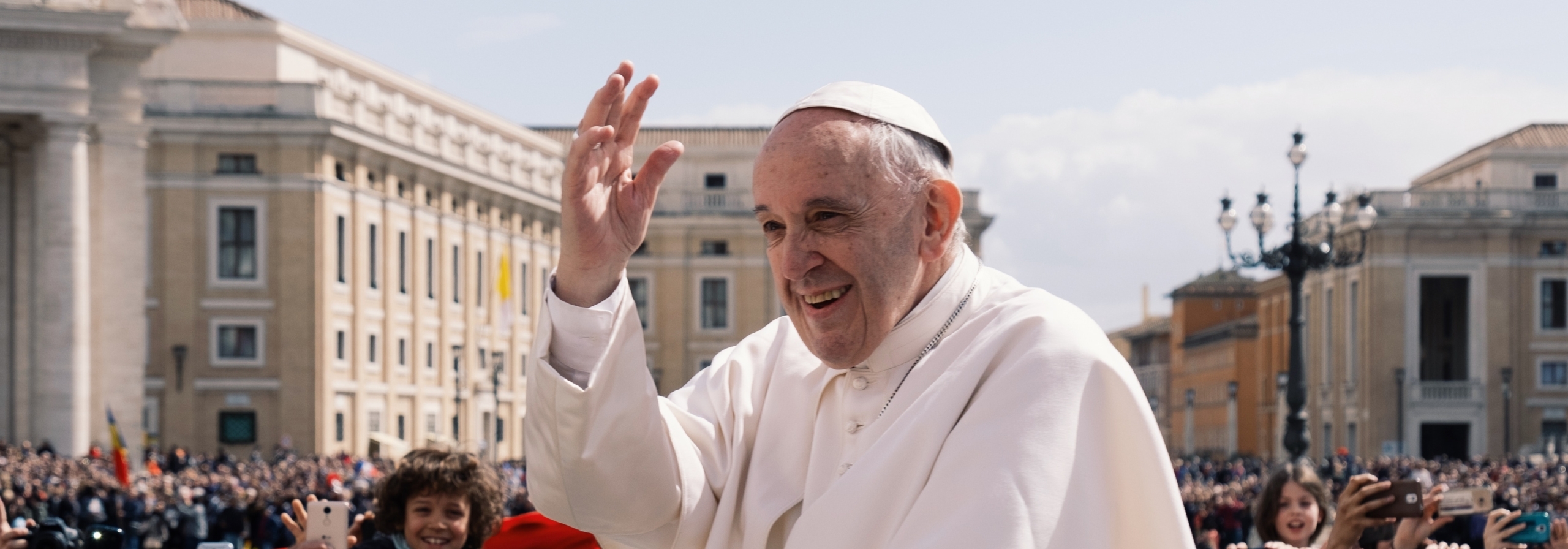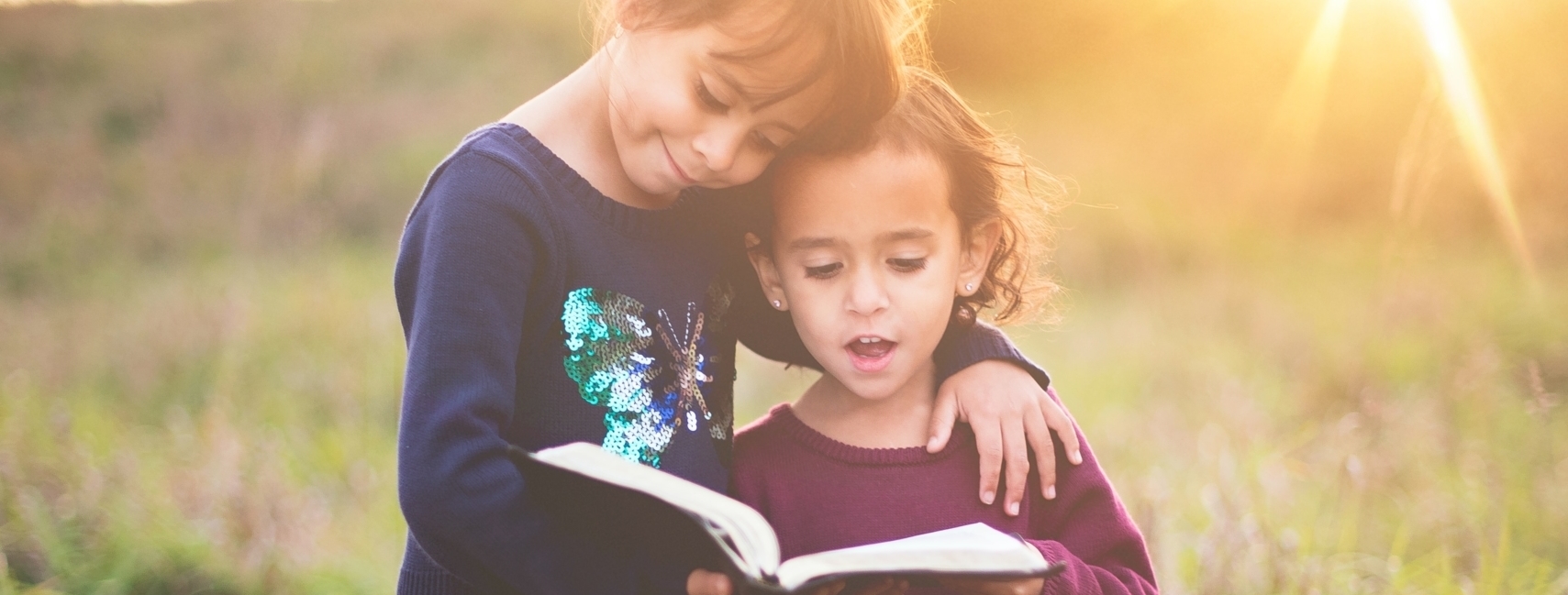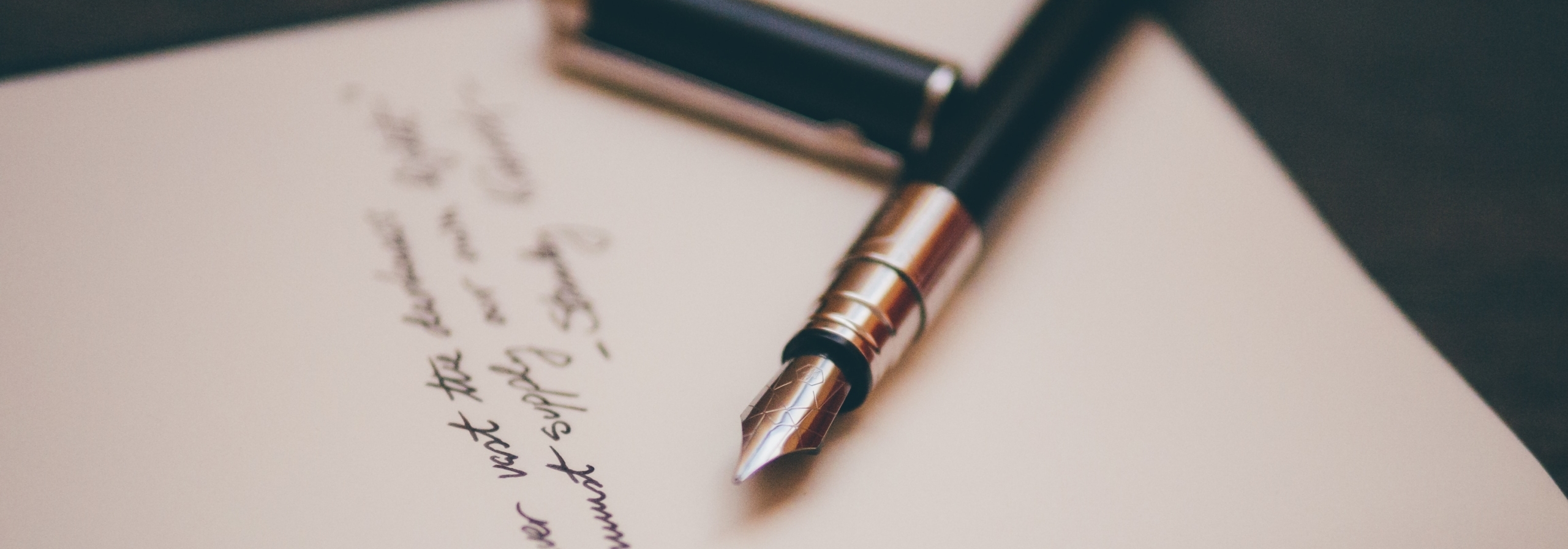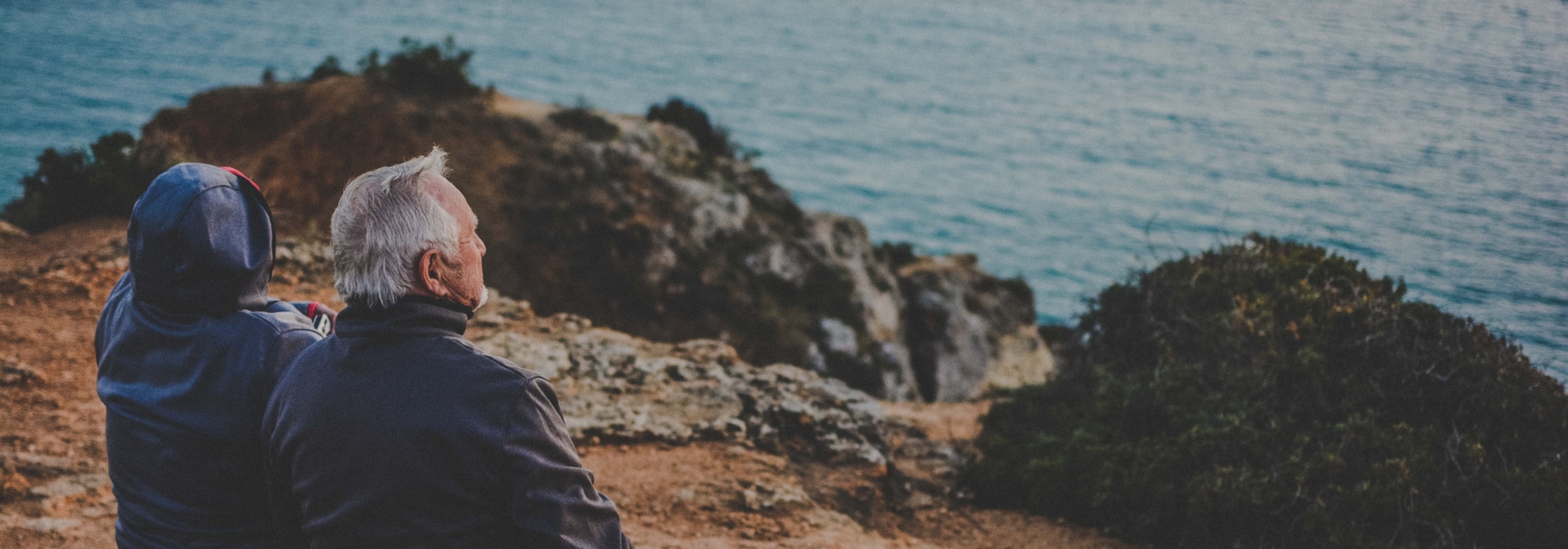Art & Family
The Family is very connected with Art. In this page we would like to encourage families with all their members to live with Art and to make of art by their lives living their faith.
As John Paul II Pope said in 1999 in its Letter to the Artists “Society needs artists, just as it needs scientists, technicians, workers, professional people, witnesses of the faith, teachers, fathers and mothers, who ensure the growth of the person and the development of the community by means of that supreme art form which is “the art of education”. Within the vast cultural panorama of each nation, artists have their unique place. Obedient to their inspiration in creating works both worthwhile and beautiful, they not only enrich the cultural heritage of each nation and of all humanity, but they also render an exceptional social service in favor of the common good.
The particular vocation of individual artists decides the arena in which they serve and points as well to the tasks they must assume, the hard work they must endure and the responsibility they must accept. Artists who are conscious of all this know too that they must labour without allowing themselves to be driven by the search for empty glory or the craving for cheap popularity, and still less by the calculation of some possible profit for themselves. There is therefore an ethic, even a “spirituality” of artistic service, which contributes in its way to the life and renewal of a people. It is precisely this to which Cyprian Norwid seems to allude in declaring that “beauty is to enthuse us for work, and work is to raise us up”.
The distinction between the moral and artistic aspects is fundamental, but no less important is the connection between them. Each conditions the other in a profound way. In producing a work, artists express themselves to the point where their work becomes a unique disclosure of their own being, of what they are and of how they are what they are. And there are endless examples of this in human history. In shaping a masterpiece, the artist not only summons his work into being, but also in some way reveals his own personality by means of it. For him art offers both a new dimension and an exceptional mode of expression for his spiritual growth. Through his works, the artist speaks to others and communicates with them. The history of art, therefore, is not only a story of works produced but also a story of men and women. Works of art speak of their authors; they enable us to know their inner life, and they reveal the original contribution which artists offer to the history of culture. A noted Polish poet, Cyprian Norwid, wrote that “beauty is to enthuse us for work, and work is to raise us up”. The theme of beauty is decisive for a discourse on art. It was already present when I stressed God’s delighted gaze upon creation. In perceiving that all he had created was good, God saw that it was beautiful as well. The link between good and beautiful stirs fruitful reflection. In a certain sense, beauty is the visible form of the good, just as the good is the metaphysical condition of beauty. This was well understood by the Greeks who, by fusing the two concepts, coined a term which embraces both: kalokagathía, or beauty-goodness. On this point Plato writes: “The power of the Good has taken refuge in the nature of the Beautiful”.
Tate Gallery is inviting us to Explore how artists have responded to the theme of Family
National Gallery Art is inviting you to Discover a variety of multi-generational programs
Kids and Families. The Met Museum has so much to offer kids and their families
INVITATION | FAFCE Webinar on “The Family: antidote to loneliness, beyond the pandemic” (13 May 2021, 17.00 – 18.15 CEST)
The Federation of Catholic Family Associations in Europe (FAFCE) is happy to invite you to a webinar on The Family: antidote to loneliness, beyond the pandemic 13 May 2021 (17.00 - 18.15 CEST) - (18.00 - 19.15
Pope Francis to Mark the Beginning of the Upcoming “States-General on Natality” In Rome
4 May 2021 On May 14th, Pope Francis will formally open the States-General on Natality, an online initiative devoted to the future of demography in Italy and in the world. This event will reverberate beyond Italy, especially in Europe, since
Launch of the Atlas of Demography, the EU database on Demography and Ageing in Europe
29 April 2021, The European Commission Vice-President Dubravka Suica (for Democracy and Demography), and Commissionner Mariya Gabriel (for Innovation, Research, Culture, Education and Youth) launched this morning the long awaited Atlas of Demography. Produced by the Joint
INVITATION | FAFCE – UNAEC-Europe Joint Webinar on “Family and Education: Seeds of Hope – Europeans and the Global Compact on Education” (4 May 2021 17.00 – 18.15 CET)
WEBINAR INVITATION FAFCE – UNAEC-Europe Joint Webinar Family and Education: Seeds of Hope Europeans and the Global Compact on Education 4 May 2021 (17.00 - 18.15 CETS) The Global Compact for Education “Calls for a commitment on the
Recognition of Parenthood for Cross-Border Family Situations: FAFCE’s President urges President von der Leyen to protect the best interests of the child
27 April 2021, During her State of the Union address in September 2020, EU Commission President Ursula Von Der Leyen declared “if you are parent in one country, you are parent in every country.” This statement is
FAFCE Contributes to the Implementation of the EU’s Green Paper on Ageing
23 April 2021 On 21 April 2021, FAFCE contributed to the European Commission’s public consultation on the Green Paper on Ageing (click to download: FAFCE Contribution Green Paper on Ageing Questionnaire). The European Commission had invited stakeholders and the

